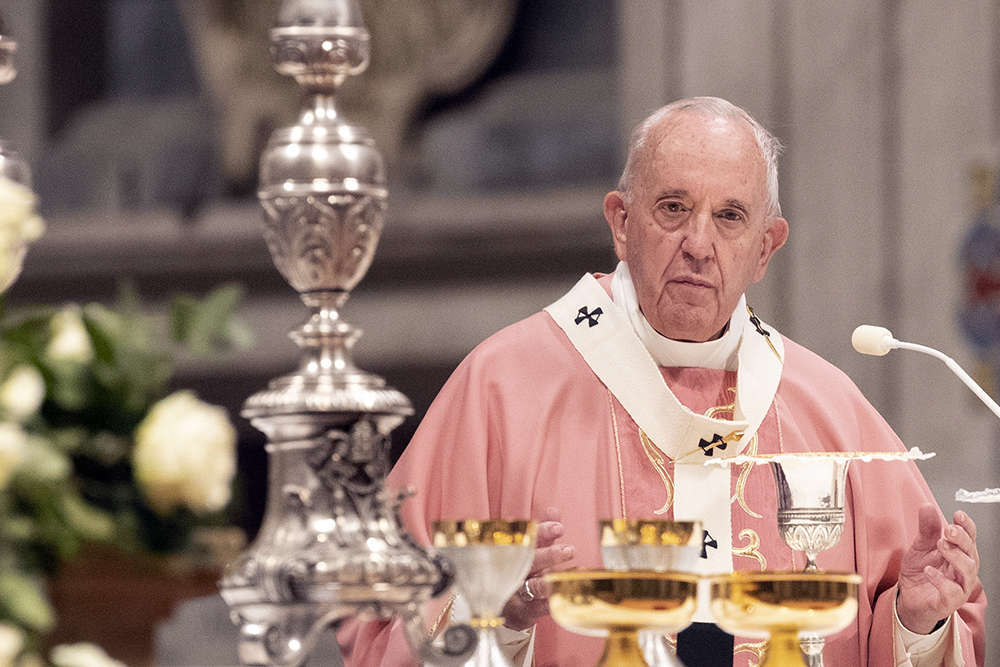
The Vatican announced Wednesday that Pope Francis gave a new commission of experts the go-ahead to study and examine whether or not women can be deacons, which is an ordained role in the Roman Catholic Church previously only reserved for men.
The panel will be presided over by “His Eminence, Cardinal Giuseppe Petrocchi, Archbishop of Aquila, Italy” and is comprised of five men and five women from the United States and the European Union.
Unlike in baptist or orthodox protestant traditions, in the Roman Catholic Church deacons are not just “helpers”- a step below elders, but rather are considered clerics and members of the clergy, like priests or bishops.
It’s for this reason that ordained deacons carry out most of the same functions that priests do. They cannot consecrate the mass, which is their primary hindrance, but they can disperse it. They officiate baptisms, weddings, funerals, and can preach homilies. They can teach, visit the sick, counsel couples, and work on various councils and parish committees.
Think of them as protestant pastors minus the ability to do the transubstantiation thing.
Currently, it’s no small thing for men to become deacons in the Roman Catholic Church, as they are still somewhat rare due to a long and arduous process of becoming a deacon. Along with having to be over 35, they must be either married or permanently single. If they become married during the process, they would have to step down. If they are single now but were previously divorced, they would have to get their marriage annulled (declared it was never a real of valid marriage). They would also have to become a member of the church for 5 years before they can apply.
Once they apply, they would go through an extremely rigorous process of screening and testing, which also includes five-year course of course study and weekly meetings, and once accepted and becoming a deacon, along with their other duties, they are required to say the Liturgy of the Hours daily, which are a collection of 150 Psalms and Scriptural readings from the Old and New Testament every day, and some several times a day.
This study, however, is not the first time that Pope Francis brought this up and requested for it to be examined. He commissioned one back in 2016, but the end result was that the study was inconclusive.










